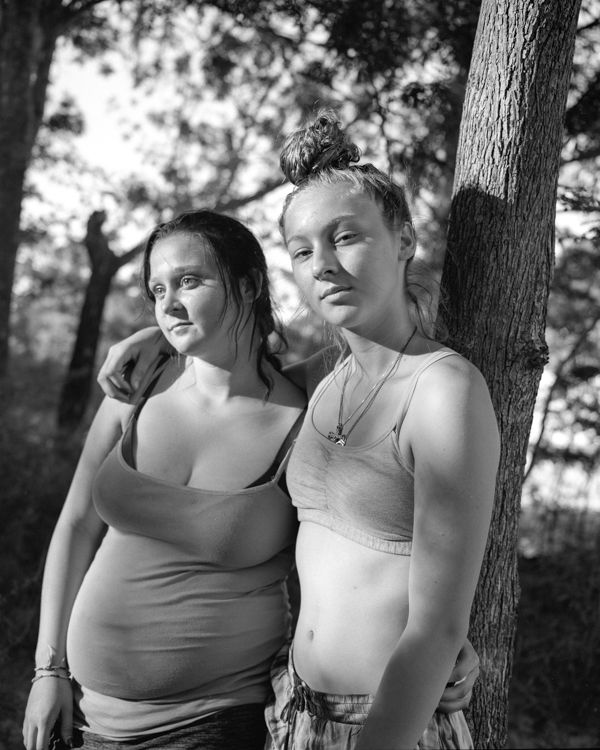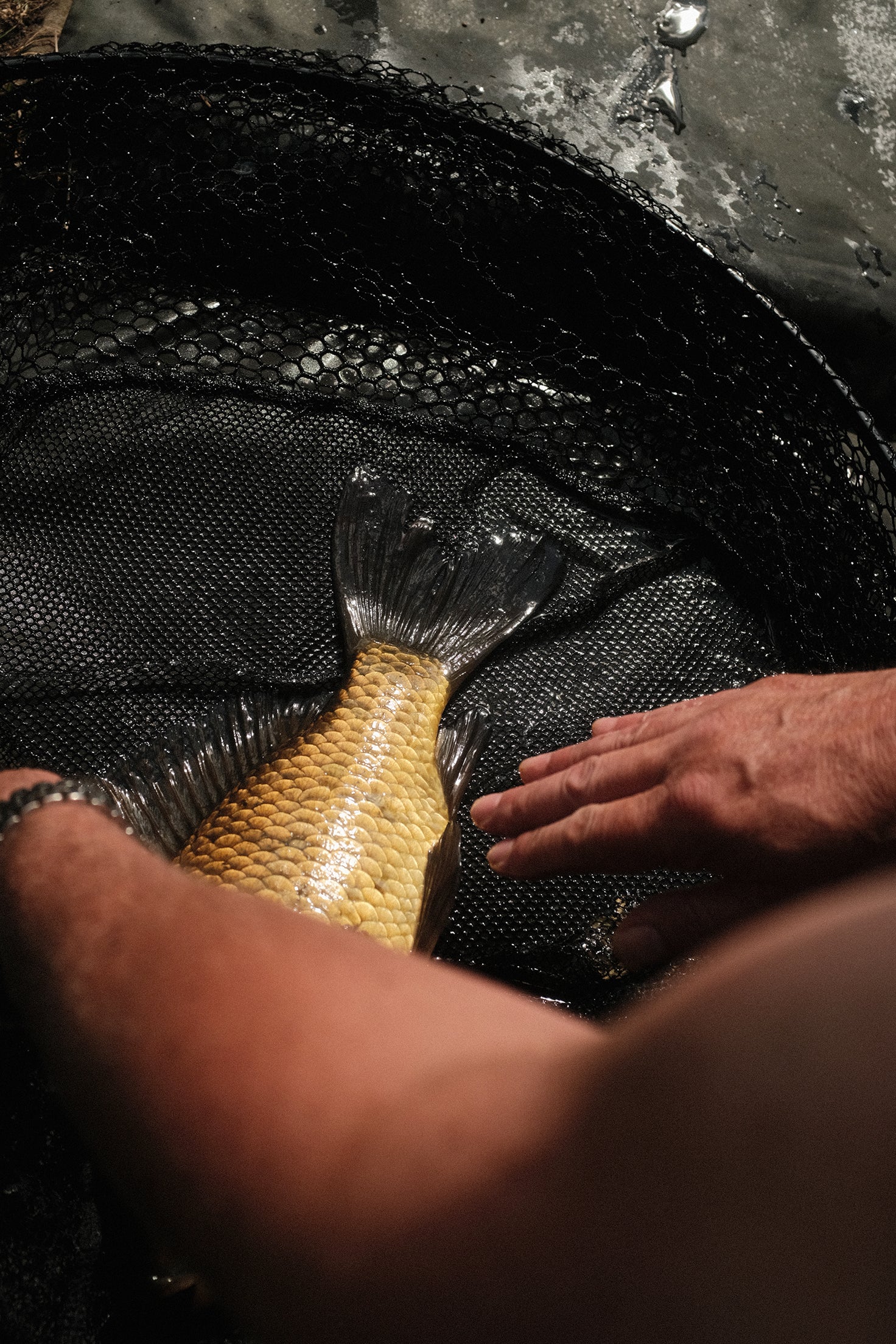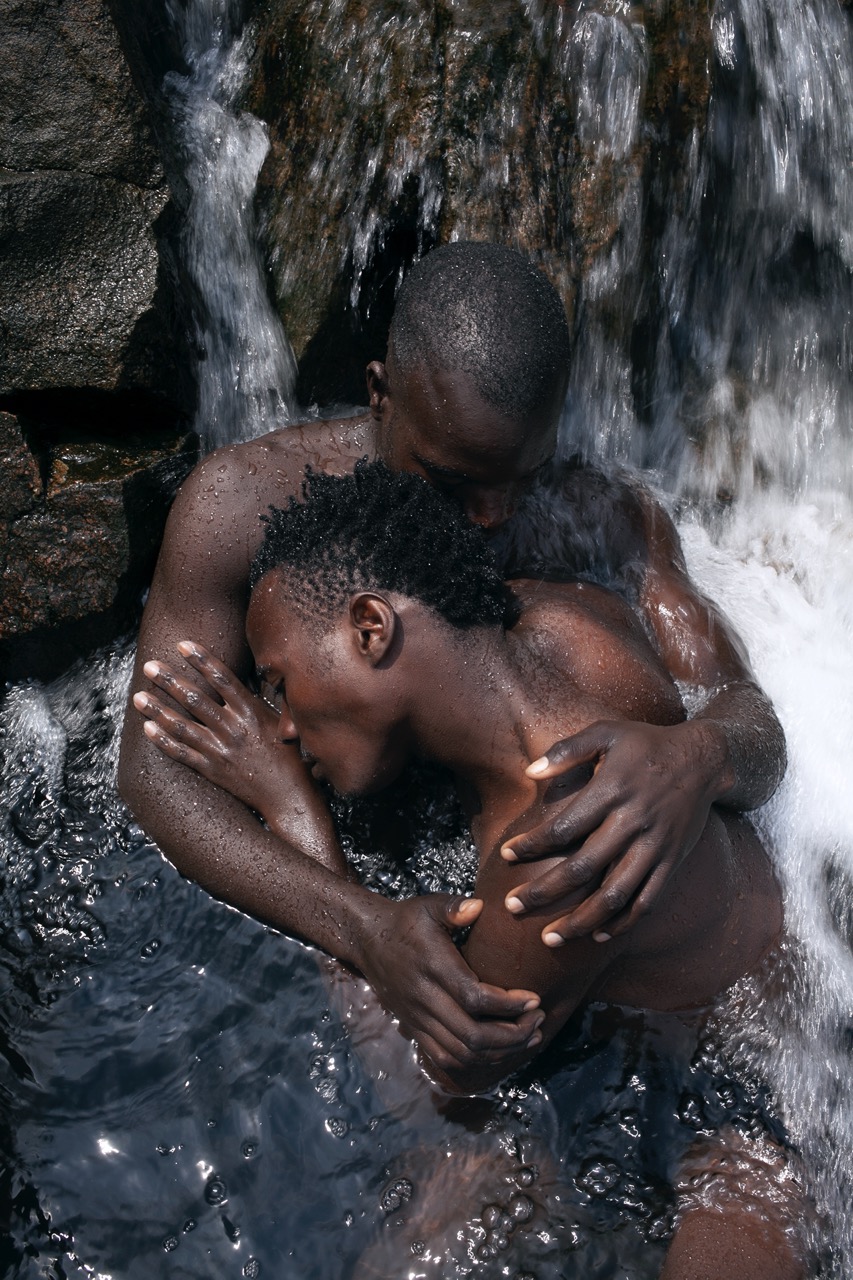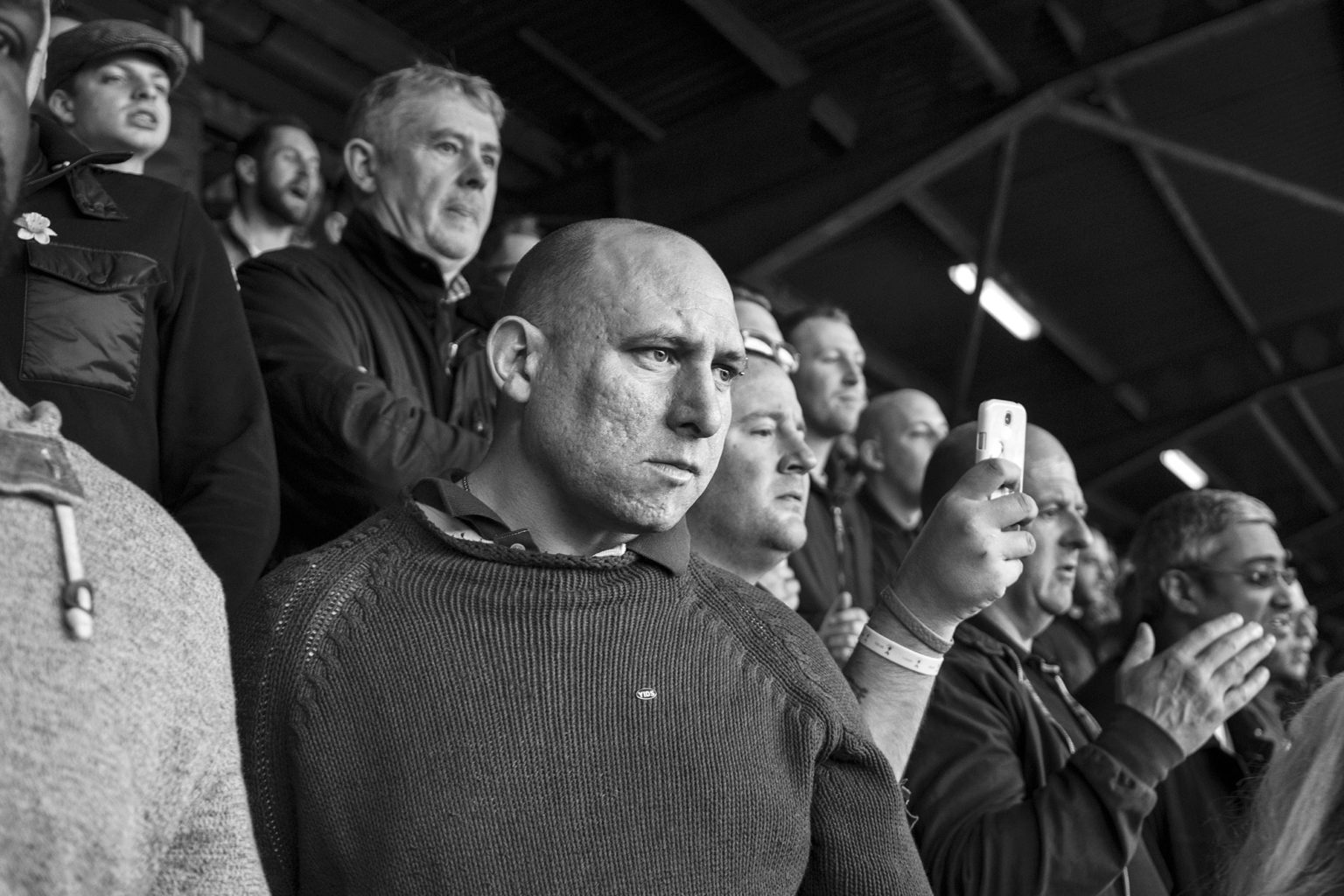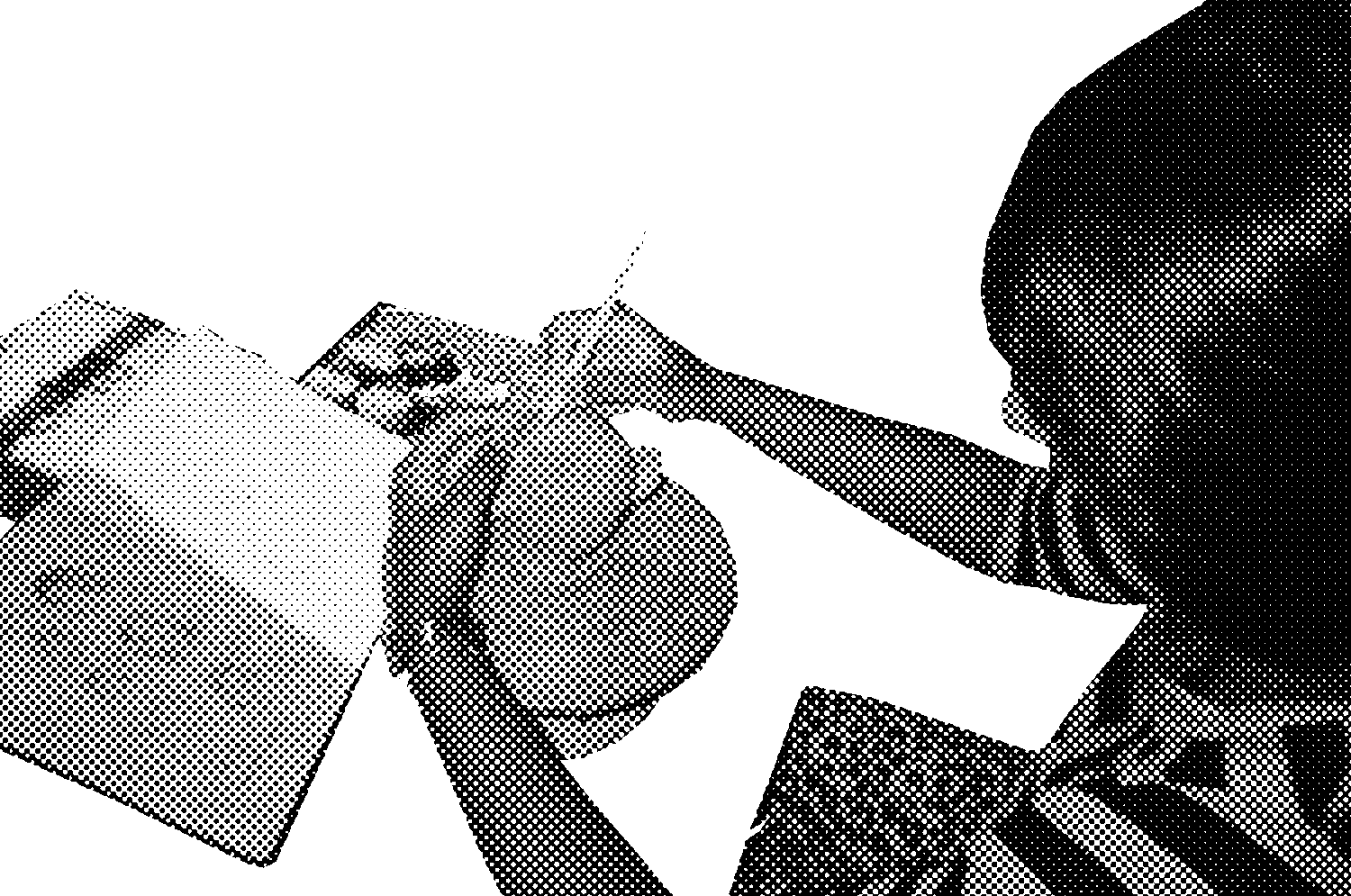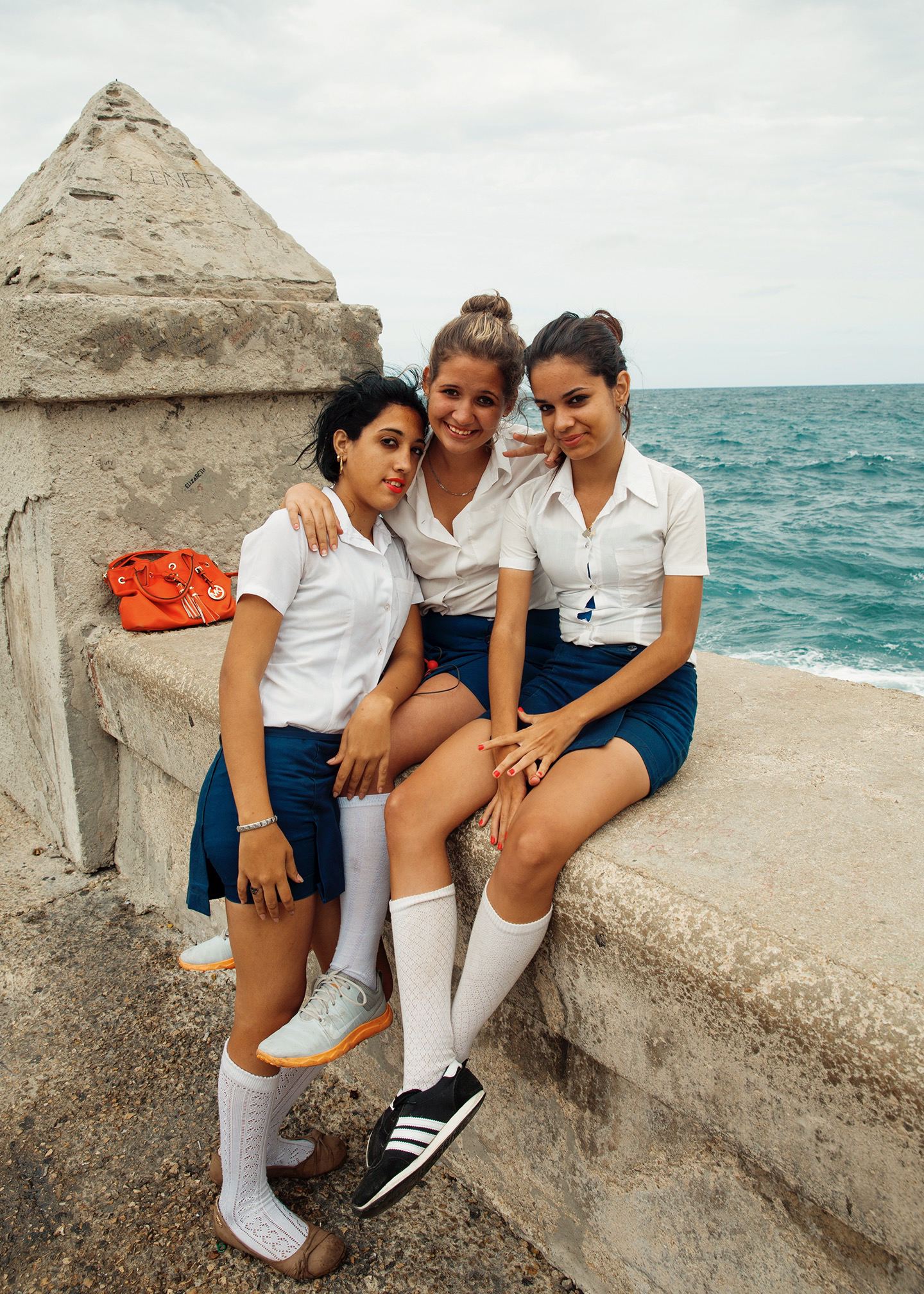Editorial RM presents "White Fence Box", Graciela Iturbide's powerful photographs of a Los Angeles street gang.
In 1986, Iturbide, alongside a group of fellow photographers, participated in a project to document everyday life across various locations in the US within a twenty-four-hour timeframe.

Iturbide's contribution was a portrait featuring a group of deaf female members of a Chicano street gang in East Los Angeles. This marked the beginning of a profound and enduring relationship with the White Fence Gang, whom Iturbide would document intermittently over the following three decades.
Renowned for her powerful depictions of her native Mexico, Iturbide stands as one of the country’s most important photographers. Her imagery strikes a delicate balance between vernacular documentary work and powerful artistry, rooted in a deep humanism and an interest and understanding of the subjects and people she portrays.

Her approach is rooted in a closeness with those she photographs. While acknowledging the voyeuristic nature inherent in photography, she avoids the 'othering' anthropological perspective often seen in documentary work (particularly in that of 'outsider' photographers). She instead always ensures that she obtains explicit permission from those she portrays, viewing them as collaborators rather than mere subjects, thus avoiding pity or exoticisation.

Symbolism plays a significant role in Iturbide's work, and is evident in the tattoos, hand signs, and graffiti that adorn the streets where the gang members reside. Her striking portraits, depictions of the local neighborhood, and more quotidian moments, captures a group of individuals brought together by disenfranchisement, poverty, and shared heritage.
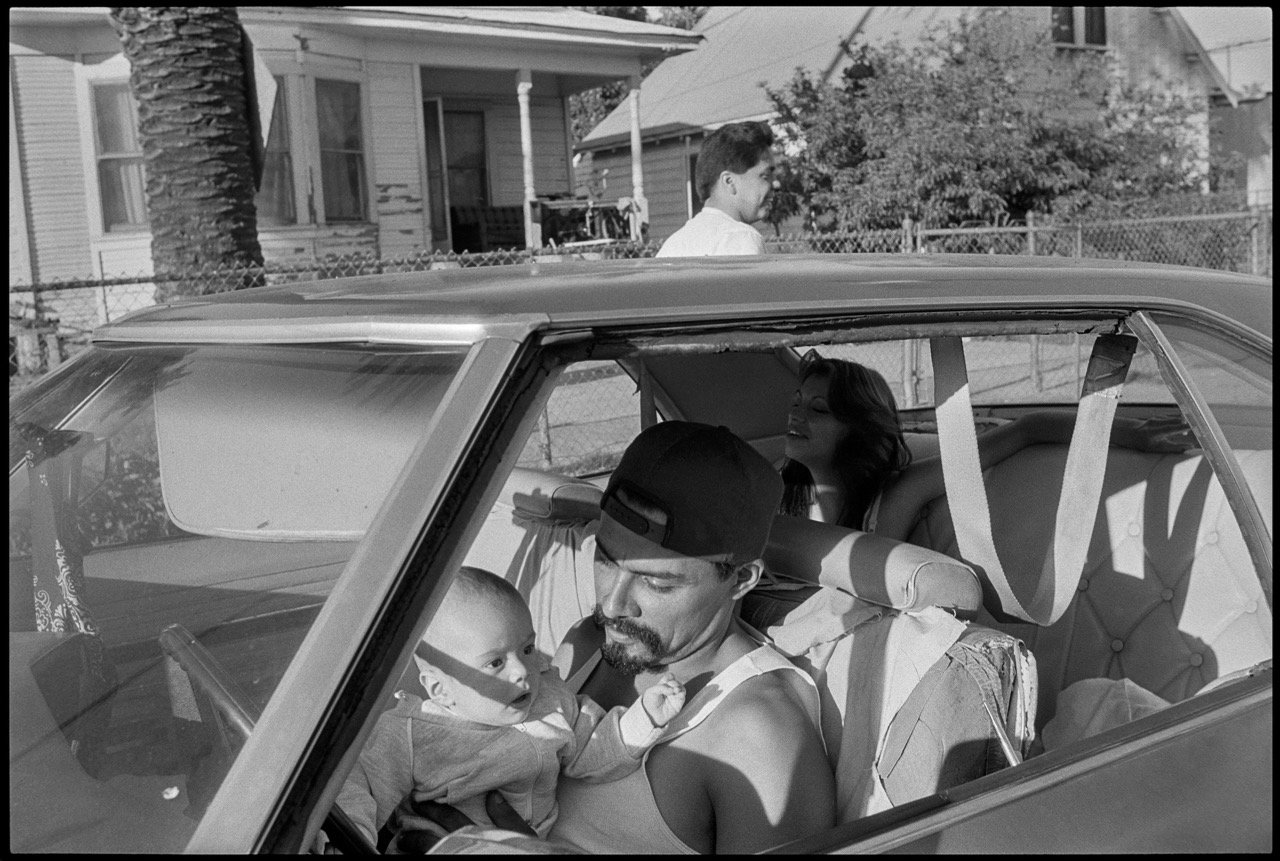
Her photographs often reveal a striking contrast between the tough exterior displayed - particularly in the more 'staged' portraits where members proudly throw up gang signs - and the warmth evident in everyday scenes, providing a nuanced portrayal of a group often vilified by media and politicians.
This new edition of "White Fence Box" consists of two volumes, presenting a curated selection of Iturbide's photographs, plus a deeply insightful essay by Alfonso Morales Carrillo, offering context on the development of Iturbide's photographic series and the historical background of Mexican communities north of the border.

All images © Graciela Iturbide courtesy of Editorial RM
"White Fence Box" is available for purchase here.
